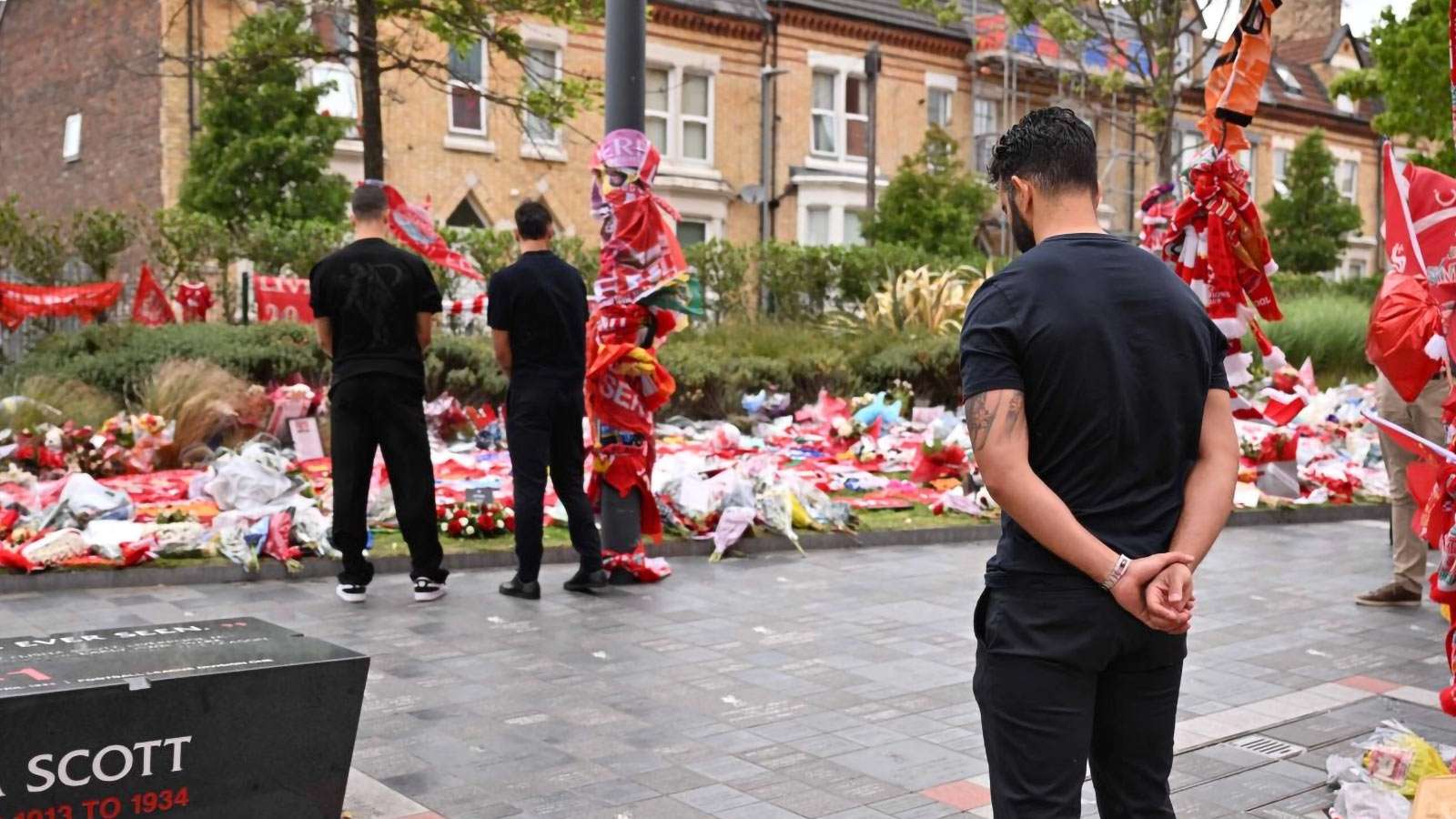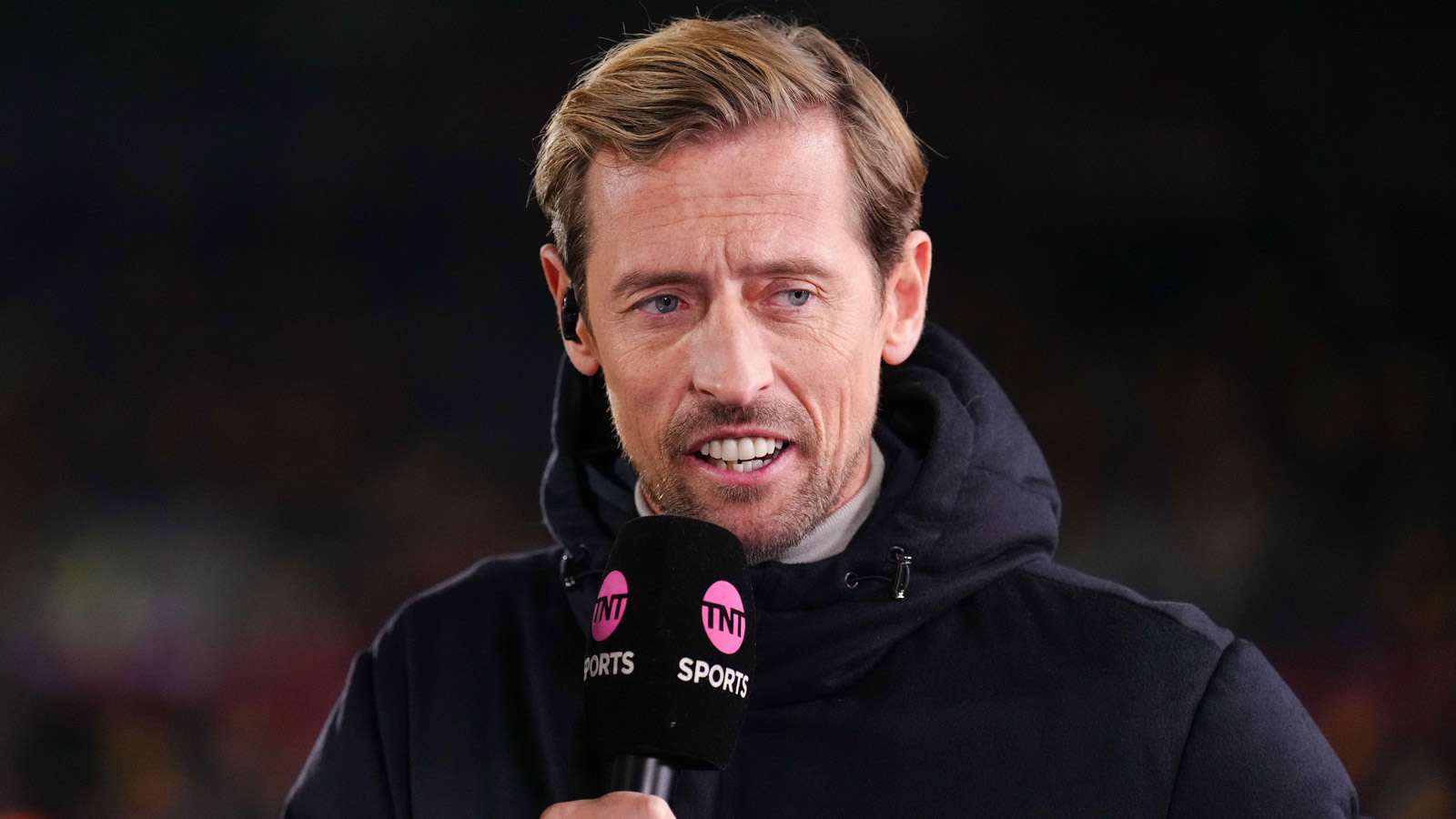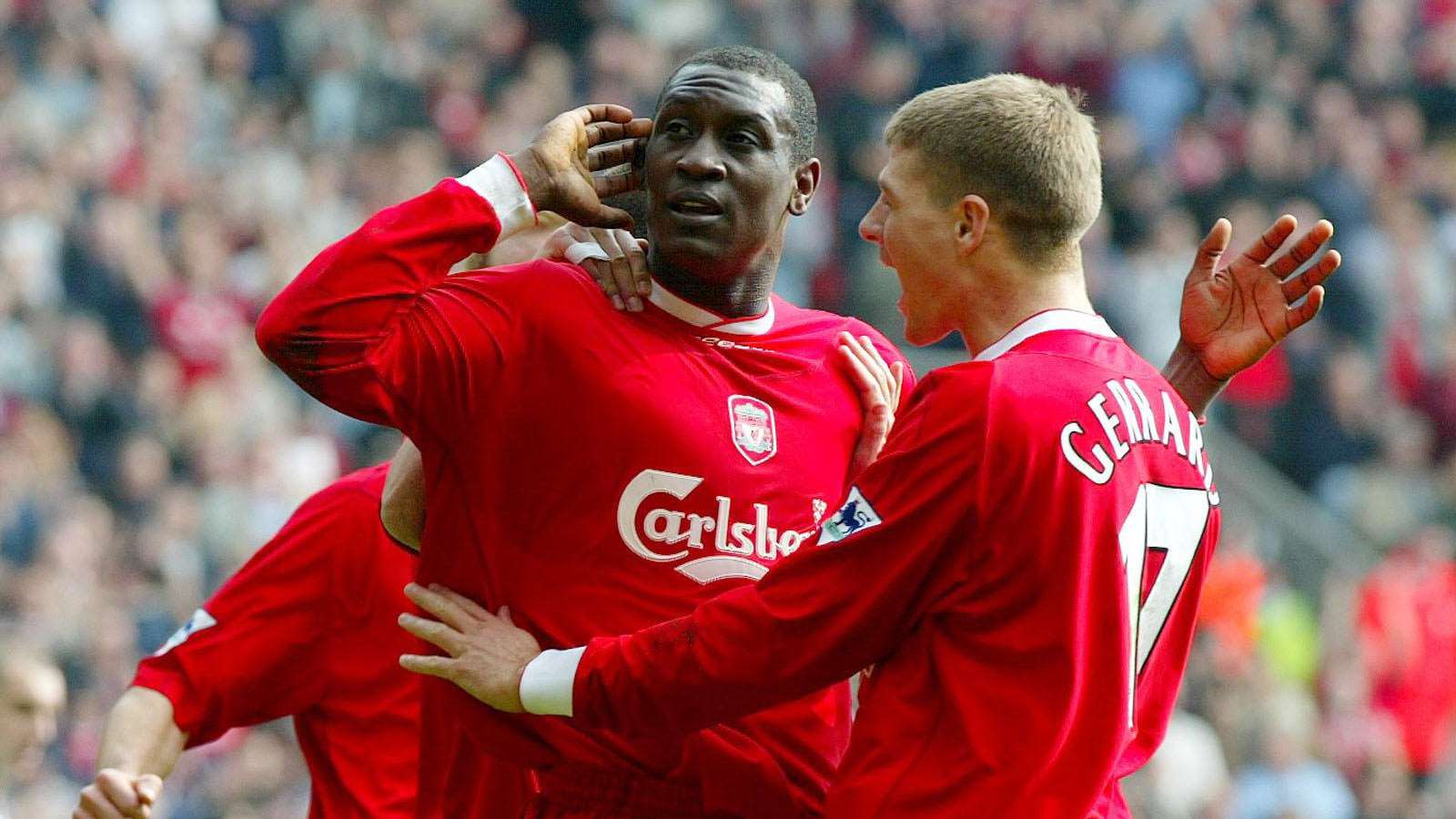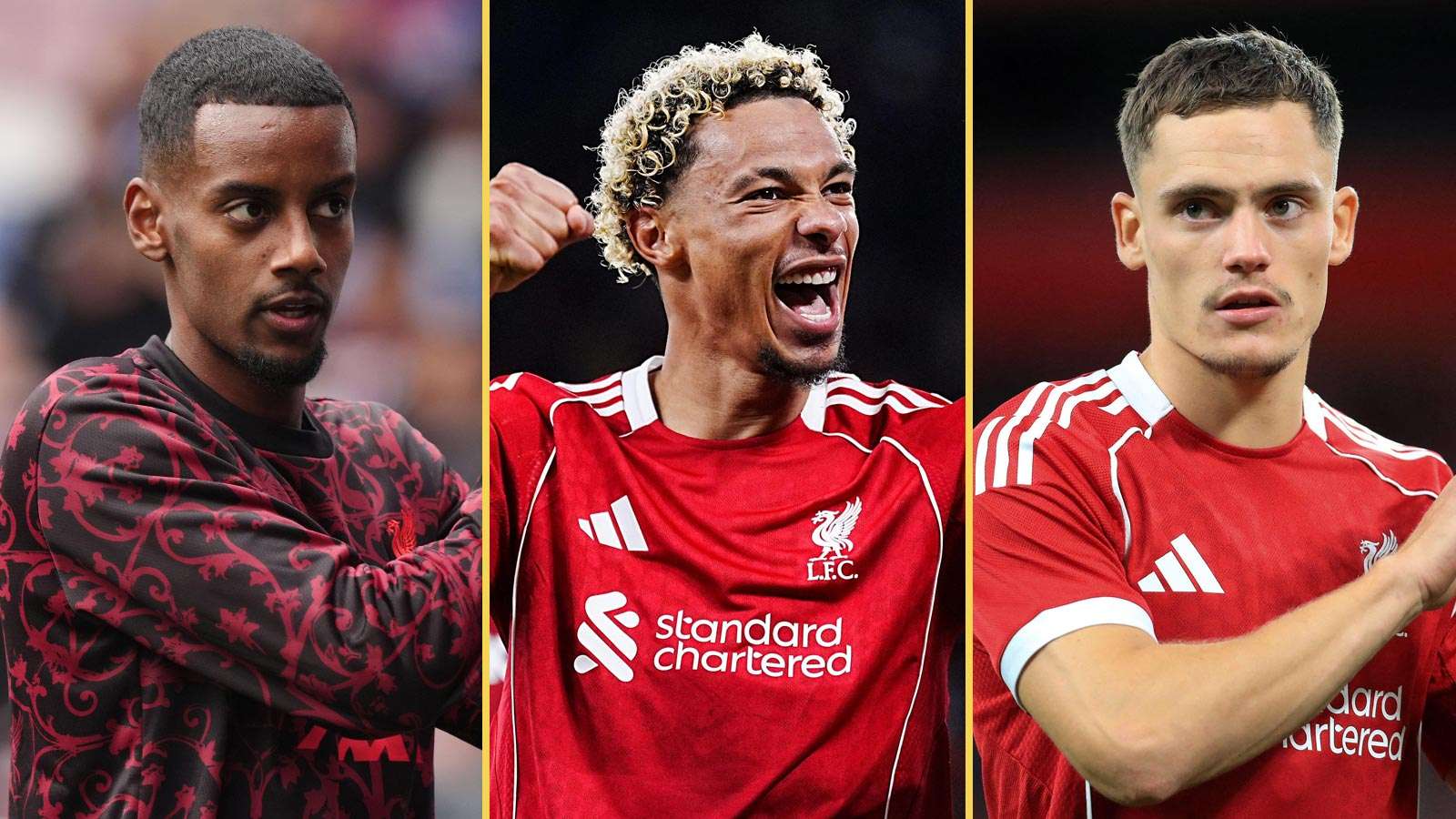Manchester United manager Rúben Amorim, alongside his players and Portuguese internationals Bruno Fernandes and Diogo Dalot, have made a sombre visit to Anfield to lay a floral tribute at the growing memorial for Diogo Jota and his brother André Silva.
The brothers were tragically killed in a car accident in Spain earlier this month, sending shockwaves through the footballing world and prompting an outpouring of grief far beyond Liverpool’s borders.
They’ve battled in the fiercest of fixtures and worn the colours of two of football’s most iconic and opposed clubs but at Anfield this week, rivalry took a back seat.
Floral arrangements, scarves, shirts and handwritten messages have formed a sea of remembrance outside Anfield since the devastating news broke. Supporters from across the footballing world, not just Liverpool fans, have come to honour the memory of a player whose impact transcended club allegiance.
For Fernandes and Dalot, the grief is personal. Both had shared the pitch and the dressing room with Jota for Portugal and celebrated a Nations League title together just four weeks ago. But now they find themselves mourning a teammate, a compatriot and a friend.
Alongside Amorim, who took over the reins at Old Trafford in November, the trio placed a wreath at the Anfield memorial with the accompanying message: “Rest in peace Diogo and Andre. With deepest condolences from everyone at Manchester United”.
Jota’s funeral took place in his hometown of Portugal Gondomar under a fortnight ago, where hundreds gathered to say goodbye. Among them were Fernandes and Dalot again, along with other Portuguese internationals including Manchester City’s Bernardo Silva and Rúben Dias, and national team head coach Roberto Martínez.
But the sense of loss was not confined to Portugal. Over a thousand miles away, Anfield became its own place of mourning fans standing shoulder to shoulder, many silently holding back tears, others softly singing the song they used to serenade Jota with on matchdays — “He wears the number 20”.
Liverpool delayed the start of their pre-season preparations out of respect for Jota and his family. And when they returned to the field against Preston North End, the occasion was steeped in tribute. A minute’s silence was held before kick-off and on the 20th minute — Jota’s now-retired shirt number — Deepdale chanted his song, withs fans from both sides joining together in solidarity.
After full-time Liverpool players and staff stood in front of the away end. Virgil van Dijk, Luis Díaz and others who didn’t feature in the match were among them as the traveling Kop sang Jota’s name again. The players, visibly moved, clapped in time with the tribute.
This is what football does best breaking down barriers, uniting in moments of heartbreak. At a time when tribalism often dominates, the actions of Amorim, Fernandes, and Dalot — three figures embedded in Manchester United — speak volumes.
It’s a powerful reminder that the sport’s rivalries, however intense, pale in comparison to the deeper bonds forged between players across teams and borders.
As Preston manager Paul Heckingbottom put it after the match, “the eyes of the football world were on us.”
In times like this, football’s true community is revealed one defined not by colours, trophies, or rivalries, but by compassion, unity, and a shared humanity. Jota was a fighter on the pitch, and a beloved figure off it. That so many from Manchester to Merseyside and beyond are standing still to remember him, says everything.




